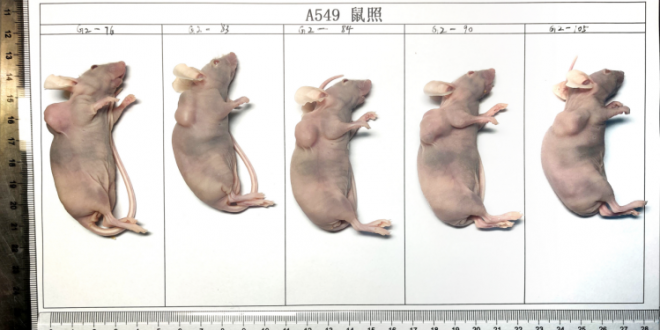Humanized antibodies are a new way to treat cancer. They’re designed to target receptors expressed by cancer cells and avoid healthy tissue in our bodies, so they don’t have as many side effects. This article looks at the groundbreaking work being done in the field that may lead to better treatments in the future.
What is a humanized antibody?
There are two main types of antibodies: monoclonal and polyclonal. Monoclonal antibodies are produced in the laboratory by fusing human cells with cancer cells. The resulting hybrid cells produce large quantities of a single type of antibody. Polyclonal antibodies, on the other hand, are naturally produced by the body in response to an infection or disease. They are made up of many different types of antibodies that target different parts of a virus or bacteria.
Humanized antibodies are monoclonal antibodies that have been modified to more closely resemble polyclonal antibodies. This is done by adding fragments of human DNA to the antibody’s genetic code. The result is an antibody that attaches better to human cells and tissues, which makes it more effective at targeting and destroying cancer cells.
How do humanized antibodies work?
Humanized antibodies are produced by taking genes encoding antibody binding sites and transplanting them into mice. The resulting hybrid mice produce human antibodies that can bind to cancer cells.
These humanized antibodies can then be isolated and injected into patients, where they will seek out and destroy cancer cells. Humanized antibodies have been used to treat a variety of cancers, including breast, leukemia, and ovarian cancer.
Humanized antibodies represent a major advance in the treatment of cancer and other diseases. They are safe, and effective, and have the potential to change the way we treat this devastating disease in the future.
Challenges of Using Humanized Antibodies
Using humanized antibodies presents some challenges. The first is that they are very expensive to produce. Additionally, they must be carefully matched to a patient’s specific cancer, which can be difficult to do. They can also cause side effects, such as an increased risk of infection.
In summary
New humanized antibodies are a promising development in the fight against cancer. They have the potential to change the way we treat cancer and offer new hope for patients who don’t respond well to conventional treatments.
Humanized antibodies present new challenges, but Cyagen can generate large fragment knock-in (LFKI) humanized mice expressing human antibody genes up to 300 kb model using our proprietary TurboKnockout® service and RMCE and BAC technologies to solve the problem.
 Magazine Today
Magazine Today

